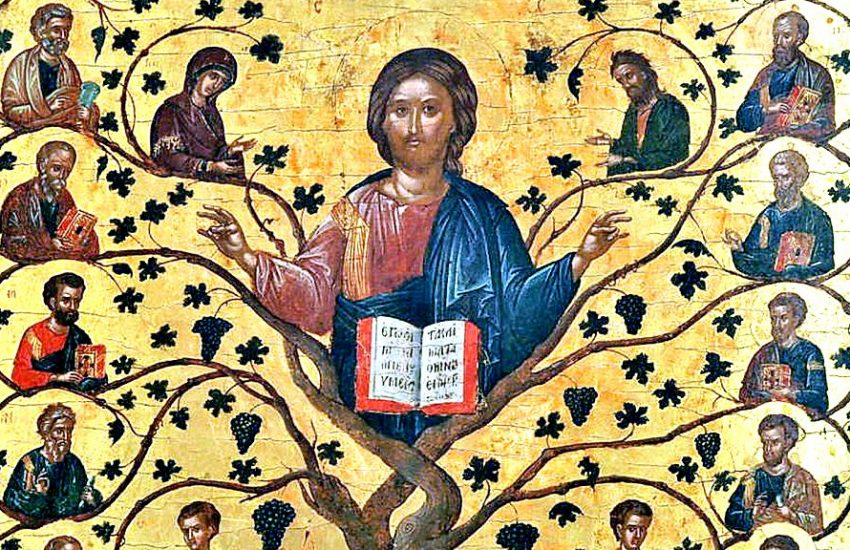Don’t Tell!
5th Sunday in Ordinary Time (B)
“Woe to me if I do not preach the gospel!”
1 Cor 9:16
There is a lot going on in the readings for this Sunday, from Job’s lamentations to Jesus healing the sick and casting out demons. I’ll be preaching on the theme of sorrow and healing at Mass this Sunday (don’t miss it!), so in this reflection I wanted to focus in on what might seem like a minor point in the gospel passage. After Jesus casts out the demons, Mark says he did not permit them to speak “because they knew him” (Mk 1:34).
This is one of several passages in the gospel where Jesus commands others not to tell anyone about him. Sometimes these are evil spirits who recognize him as the Son of God, like this Sunday’s gospel. Other times they are human beings whom Jesus has healed. Given the fact that Jesus elsewhere commands us to “proclaim the gospel to every creature” (Mk 16:15), what gives?
Jesus’ efforts to keep his identity under wraps for a time is what some scripture scholars call “The Messianic Secret,” and we find it in all three synoptic gospels. In Mark we see it in this gospel passage, as well as Mk 3:11-12 where Jesus similarly tells demons not to make him known. In Mk 1:43-44 Jesus heals a leper and then “sternly charges him to say nothing to anyone” about what happened. Later, in Mk 7:36, he cures a man with a speech impediment and similarly tells him not say anything.
Even when Peter confesses Jesus to be the Christ at Caesarea Philippi, Jesus tells the disciples “to tell no one about him” (Mk 8:30). We find similar admonitions in both Matthew and Luke’s gospels.
So this is no incidental part of Jesus’ message. This is intentional. But why?
Some have suggested that Jesus is using reverse psychology. He really wants people to make him known, so in order to do that, he tells them not to, knowing that they will do the reverse. Mark’s gospel even says, “the more he charged them [not to], the more zealously they proclaimed it” (Mk 7:36).
But I don’t buy it. This motive doesn’t seem to fit with what we know of Jesus’ character. Jesus is always open, honest, and straightforward. Even when he speaks in parables, it is to help us understand a truth better. He never tries to trick us into doing what he wants.
A better explanation is that Jesus is waiting until the right time to make himself known in a more public way. And there is evidence for this in the gospels. During the Transfiguration, when Peter, James and John see Jesus glorified and hear the voice of the Father saying, “This is my beloved Son,” Jesus instructs them “to tell no one what they had seen, until the Son of Man should have risen from the dead” (Mk 9:9). In other words, while it would be imprudent at the moment to spread word about Jesus’ identity, there would come a time when they would be able to tell the world about him.
And this makes sense. If one goes around claiming to be the Messiah, it draws a lot of attention. It makes the authorities suspicious. It’s exactly the sort of thing that leads to one getting arrested and executed. And while Jesus always knew that was the road before him, it had to happen at the appropriate time.
Jesus is always in control. Even when he’s being arrested, tried, tortured and executed, he is never the victim of circumstance. As he says in John’s gospel, “No one takes [my life] from me, but I lay it down on my own. I have power to lay it down, and power to take it up again” (Jn 10:18).
As Jesus advances in his ministry, his miracles become more spectacular and more public, culminating in the raising of Lazarus from the dead after four days in the tomb. When the time is right, precisely when he intends, Christ does lay down his life and he does take it up again in the most powerful miracle of all, his own Resurrection, after which he not only permits, but commands his followers to “proclaim the gospel to every creature” (Mk 16:15). And, as St. Paul puts it in this Sunday’s second reading, “Woe to me if I do not preach the gospel!” (1 Cor 9:16).



